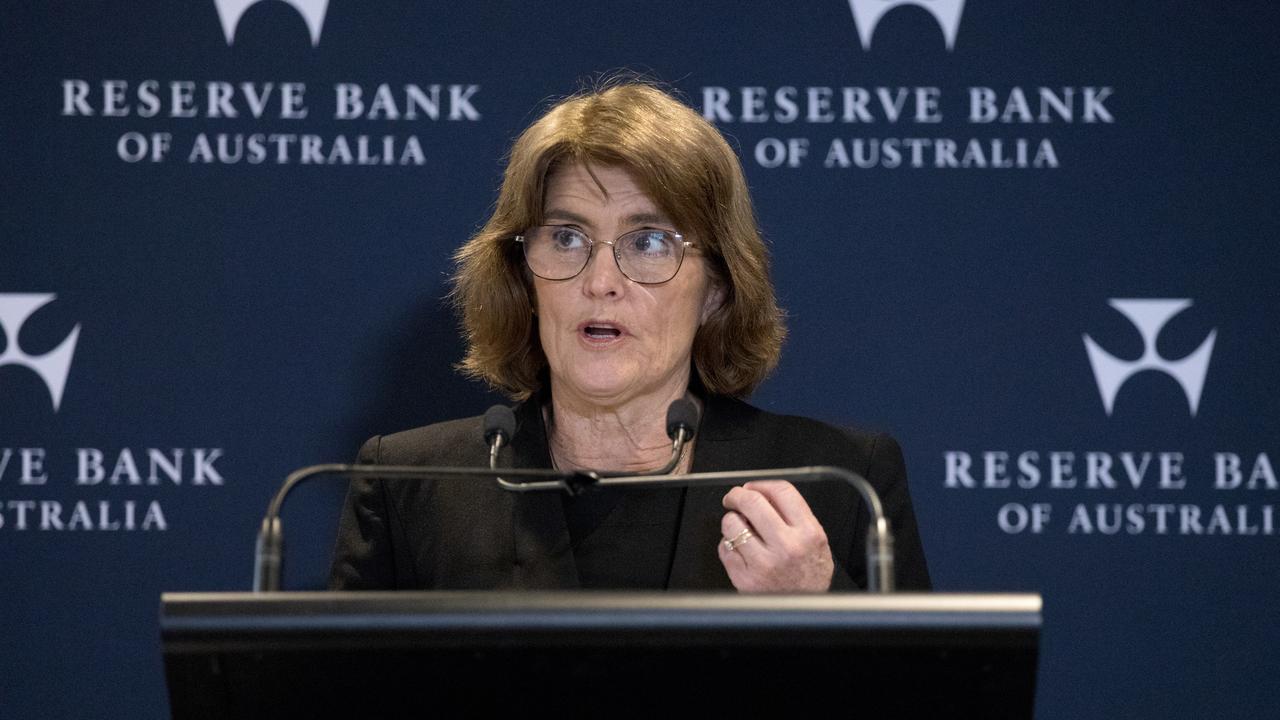Press Council’s guidelines a big win for the trans fans

“This kind of ‘journalism’ kills trans kids.” That was the diagnosis of a Junkee staffer. Usually the job of a journalist sits oddly with a phobia about inconvenient facts and dissenting views.
It began on August 9, when The Weekend Australian ran my story on a group of clinicians and researchers calling for an inquiry into the risky medicalisation of transgender-identifying teenagers.
The distress of gender-confusion was real, these clinicians stressed, but why not allow time for non-intrusive therapy rather than hormone treatment that turns kids into lifelong medical patients?
This display of concern was demonisation of trans kids, or at least that was the enraged take on Twitter.
The biggest youth gender clinic, run by paediatrician Michelle Telfer at the Royal Children’s Hospital in Melbourne, had refused requests for interviews or comment before I wrote a word. Thus began the unbroken silence of a children’s hospital in the face of legitimate questions that quickly accumulated. After several days, a response came from the body that is a hybrid professional organisation for gender clinicians and vehicle for trans activism, AusPATH, with Dr Telfer as president. The statement spoke of scientific evidence that had withstood legal and academic scrutiny, and showed trans medicine “saves lives by reducing suicide”. No detail of this lifesaving was given, and that choice of the word “scrutiny” has not dated well.
The statement failed to mention international alarm about the epidemic of teens with autism, same-sex attraction and mental health problems ending up at gender clinics on puberty blocker drugs and cross-sex hormones. None of this stopped the ABC and other outlets recycling AusPATH’s talking points to defend the narrative that self-declared trans is progressive, and scepticism is a bigoted culture war.
The dismay of Dr Telfer and AusPATH is understandable. No doubt they mean well. And their “affirmative” approach to accelerated medical intervention has seemed unstoppable after half a decade of celebrity-driven trans product placement, social media high-fiving and uncritical media coverage. Trans kids are the appealing face of the next social justice liberation.
But there’s a lot going on that doesn’t fit this rosy picture, and so it’s been mercifully unreported in Australia’s progressive media. How many know that lesbians not besotted with “queer theory” regard the transing of same-sex attracted teens as a form of eugenics? That a global network of clinicians is emerging to question the safety and ethics of medical transition for minors? That purely self-identified trans status looms as an unmanageable risk to the interests of women and girls? The list goes on: the trashing of free speech by abusive trans activists; the reckless use of dodgy suicide statistics to hasten compliance with the trans wish-list; and the refusal to listen to gender clinicians turned whistleblowers, trans adults against the medicalisation of gender non-conforming kids, regretful young adult “detransitioners”, or parents who implicate social media in the otherwise hard to explain explosion in me-too trans.
Into this steps the Press Council, with good intentions and a new guideline for journalists reporting on sex and gender.
There’s a glossary of terms that became mandatory yesterday — for example, women who were “assigned male at birth”, as if this were a toss of the coin in the maternity ward. We’re told that “dead naming” trans folk — remember, Bruce Jenner never existed — “can cause substantial offence and harm”. No evidence of harm is given, and none for the claim that “misgendering (use my new pronouns, it’s not hard) can have negative consequences for a person’s mental health”. The pronoun police certainly don’t make for healthy debate; just ask the Canadian feminist writer Meghan Murphy who got banned from Twitter.
The council says its new code is voluntary, but it can be taken into account to make rulings that will lead to journalists being smeared as hateful transphobes.
Given three days, the council couldn’t wheel out anyone to explain the guideline’s back story. It issued a statement saying press freedom has to be balanced against the “harmful effect” of reporting but offered no evidence of this harm. It talked up consultation while citing “privacy” for refusing to say exactly who got the privilege to shape this document. It bears the fingerprints of the trans self-ID lobby.
Go-to trans tactics have been revealed in an unguarded report by a global law firm, media foundation and queer group. Tips for trans activists include getting the jump on policy before governments have time to craft their own proposals, yoking trans rights to more popular causes, and lobbying individual politicians while keeping “press coverage to a minimum”, because media “misinterpretation” can generate opposition.
In Australia, the Press Council reckons its foray into gender identity etiquette won’t make public interest reporting of trans issues any harder. But trans activists are chuffed about the new guideline — and this time I think they have evidence on their side.


